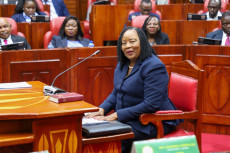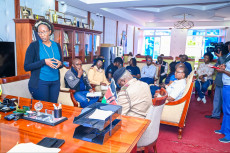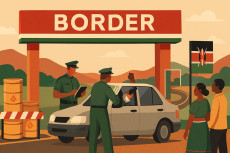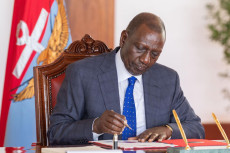- In reality, same-sex sexual behavior has been documented in over 1,500 animal species including insects, spiders, fish, amphibians, reptiles, birds, and mammals.
In Kenya like in many other countries lesbian, gay, bisexual, transgender and queer (LGBTQ+) people experience discrimination, segregation and even attacks from society and religious institutions.
This is true among Christian and Muslim communities, which dominate Kenyan society, but also among smaller faiths like the Rastafari.
Many Rastas discriminate and sideline gender and sexual minorities despite being followers of a religion that purports to encourage unity, justice, and equality.
Ras Kimathi, the chairman of the Rastafari community in Nakuru, says non-heterosexual people are not welcome in the religion.
He says the faith’s pillars of unity, justice and equality apply only to people who follow the order of creation, by which he means people who engage in male-female sexual relationships. According to Kimathi, same-sex sexual relations violate God’s commandments.
“Our faith is all inclusive, but based on LGBTQ+ behaviors, they are a unique category of people whose behaviors are against our beliefs, and therefore we can’t accept them,” he said.
Ras Makau, the deputy chairman of Nakuru’s Rastafari community, echoes Kimathi’s sentiments. and mentions two unfounded conspiracy theories regarding gender and sexual diversity.
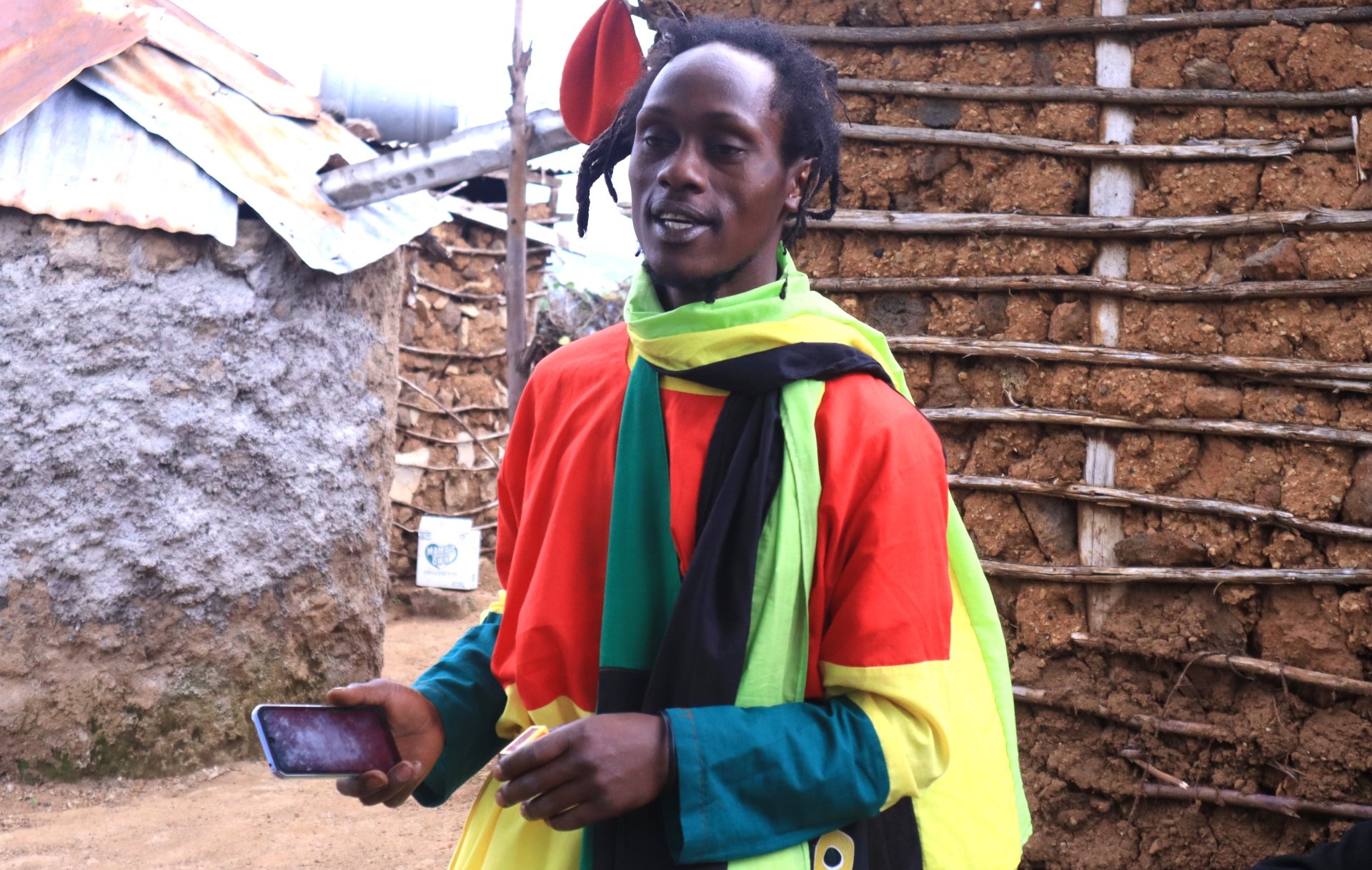
“These [LGBTQ+] people have embraced the western ideology not knowing that it is a conduit to end the black lineage for reasons they well know themselves,” he said. “Even if they were left alone, the [LGBTQ+] community will fizzle out because they can’t procreate to produce children.”
In reality, gender and sexual diversity has existed in Kenya since time immemorial, and many techniques exist for gender and sexual minorities to procreate.
The Nakuru based Rastafari leadership view non-heterosexuality as a “vice” that transcends all human sins. To emphasize these views, Ras Kimathi pointed to a nearby chicken suggesting that other species do not engage in same-sex sexual activities, an incorrect statement often used to imply that homosexuality is somehow “unnatural”.
In reality, same-sex sexual behavior has been documented in over 1,500 animal species including insects, spiders, fish, amphibians, reptiles, birds, and mammals.
Orlando* (not his real name), a gay man in Nakuru, is saddened by the Rastafari leadership’s untruthful statements and anti-LGBTQ+ stance, but in an environment where gay people are openly discriminated against by major religious institutions and society at large, he is not shocked.
He has endured ridicule from close family members and friends since they learnt that he was gay in 2017.
“What kind of faith or religion accepts people selectively in society while they preach and emphasize love amongst humanity?” Orlando asked, referring to Rastafarianism. “I thought religion was a place where people run to when the world and the society outside is a challenge, but now they lead in discrimination.”
Mrs. Ann Kamau, a counselling psychologist at Egerton University, says discrimination, stigma and marginalization can have serious mental effects on individuals and social groups because human beings were created to be social and interact with each other.
“Discrimination causes low productivity at work, depression, self-hate, and negative attitudes that can push individuals to actualize suicidal thoughts,” she said.
Kamau added that LGBTQ+ people may experience low self-esteem, which can lead to drug abuse to escape the situation, self-rejection, and hatred for others. This can result in defensive behavior, displaced anger, and self-isolation.
Kamau advises any individual facing discrimination or rejection to quickly seek professional counselling before things get out of hand.
Orlando* and many other LGBTQ+ people hope the recent ruling by Kenya's supreme court reaffirming the registration of the National Gay and Lesbian Human Rights Commission (NGHLRC) will be a positive step towards realizing a free and safe society for LGBTQ+ people in Kenya.
According to galck+ (formerly the Gay and Lesbian Coalition of Kenya), 53% of LGBTQ+ people in Kenya have experienced physical assault but only 29% of those people reported the assault to authorities, often due to fear that they will be revictimized if they disclose crimes against them.
galck+ further states that discriminatory laws foster a mistaken view in society that lesbian, gay, bisexual, transgender, and queer people are criminals, which perpetuates human rights violations and other acts of violence against them.
According to a 2013 report by the Kenyan rights group Minority Women in Action titled The Status of Women Who Have Sex with Women in Kenya, discrimination of LGBTQ+ people extends to healthcare access, livelihoods, education, justice mechanisms and other vital services that are supposed to be dispensed with equality.
Kenya is one of several former British colonial states that still outlaw consensual same-sex sexual conduct. The Kenyan Penal Code imposes a penalty of up to 14 years in prison for such acts.
This criminalization bolsters threats, abuse and violence against actual and perceived LGBTQ+ people when perpetrators believe the state will be less inclined to fully bring to justice those who pursue violence against these groups.

